"Leadership to dispel EU doubts"
A former FM believes the transitional trade deal will enter force after a Serbian delegation visit to Brussels in September.
Friday, 29.08.2008.
10:15

A former FM believes the transitional trade deal will enter force after a Serbian delegation visit to Brussels in September. “If one, two or several countries have any doubts, I’m confident that the Serbian leadership will dispel those doubts. If any doubts remain and some countries aren’t convinced, then it’s no longer a question of trust in Serbia, but a matter of European policy on the West Balkans,” said Goran Svilanovic. "Leadership to dispel EU doubts" Svilanovic said that on September 3, Serbia was due to send its most influential and biggest contingent since Serbia established relations with the EU, to Brussels. “For me, it’s inconceivable that after these talks, that I think could be of historic significance for Serbian-EU relations, European ministers are not in a position only a few days later to agree over the entry into force of the transitional agreement as part of the Stabilization and Association Agreement (SAA),“ said the former foreign minister. He said that the entry into force of the transitional deal “benefits only the EU“, since the essence of the agreement was that Serbia would reduce customs duty on products coming from EU countries, while duty would be reduced on products coming from Serbia into the EU. “The exclusive beneficiary of the entry into force of the transitional agreement is the EU... If they’re not ready for that part of the agreement to come into force, Serbia should ignore it, it shouldn’t be of any concern,“ said Svilanovic. The former minister added that the entry into force was “just a sign that the cooperation process with the EU is continuing,“ and that the job begun with the signing of the SAA had started off in the right direction, and was heading towards SAA ratification. “SAA ratification is important, but it’s not directly tied to the entry into force of the transitional agreement,“ he pointed out, adding that the agreement had been due to come into effect on the day of signing, but that it had been postponed because of the need for Serbia to complete full cooperation with the Hague Tribunal. “After such big things as the arrest and extradition of Radovan Karadzic, even those countries that were spectical have no more arguments to prevent the entry into force,” said Svilanovic. The former minister said that the visit of the Serbian delegation to Brussels was an opportunity for the new government to present and express its thanks to the EU for the support Serbia had enjoyed in the last two years. “It’s an opportunity for the government and the EU to open a dialogue on key issues for Serbia, and that’s a resumption of Serbia’s EU integration process. I hope that the Serbian delegation in Brussels will agree not to discuss technical details with the EU any longer, but rather talk about acquiring candidate status and a beginning of negotiations with the EU,“ he said. Svilanovic said that he was “a big optimist” that the EU, after the dramatic events in the Caucusus, would realize how significant its engagement in the Western Balkans was in the process of integrating all countries, above all Serbia. “If anyone, at this historic juncture, does not understand the importance of accelerating the integration process of the Western Balkan countries for the EU and for the region’s full stability, then that will be yet another missed opportunity for the region to stabilize,” surmised the former foreign minister. Goran Svilanovic (FoNet, archive)
"Leadership to dispel EU doubts"
Svilanović said that on September 3, Serbia was due to send its most influential and biggest contingent since Serbia established relations with the EU, to Brussels.“For me, it’s inconceivable that after these talks, that I think could be of historic significance for Serbian-EU relations, European ministers are not in a position only a few days later to agree over the entry into force of the transitional agreement as part of the Stabilization and Association Agreement (SAA),“ said the former foreign minister.
He said that the entry into force of the transitional deal “benefits only the EU“, since the essence of the agreement was that Serbia would reduce customs duty on products coming from EU countries, while duty would be reduced on products coming from Serbia into the EU.
“The exclusive beneficiary of the entry into force of the transitional agreement is the EU... If they’re not ready for that part of the agreement to come into force, Serbia should ignore it, it shouldn’t be of any concern,“ said Svilanović.
The former minister added that the entry into force was “just a sign that the cooperation process with the EU is continuing,“ and that the job begun with the signing of the SAA had started off in the right direction, and was heading towards SAA ratification.
“SAA ratification is important, but it’s not directly tied to the entry into force of the transitional agreement,“ he pointed out, adding that the agreement had been due to come into effect on the day of signing, but that it had been postponed because of the need for Serbia to complete full cooperation with the Hague Tribunal.
“After such big things as the arrest and extradition of Radovan Karadžić, even those countries that were spectical have no more arguments to prevent the entry into force,” said Svilanović.
The former minister said that the visit of the Serbian delegation to Brussels was an opportunity for the new government to present and express its thanks to the EU for the support Serbia had enjoyed in the last two years.
“It’s an opportunity for the government and the EU to open a dialogue on key issues for Serbia, and that’s a resumption of Serbia’s EU integration process. I hope that the Serbian delegation in Brussels will agree not to discuss technical details with the EU any longer, but rather talk about acquiring candidate status and a beginning of negotiations with the EU,“ he said.
Svilanović said that he was “a big optimist” that the EU, after the dramatic events in the Caucusus, would realize how significant its engagement in the Western Balkans was in the process of integrating all countries, above all Serbia.
“If anyone, at this historic juncture, does not understand the importance of accelerating the integration process of the Western Balkan countries for the EU and for the region’s full stability, then that will be yet another missed opportunity for the region to stabilize,” surmised the former foreign minister.










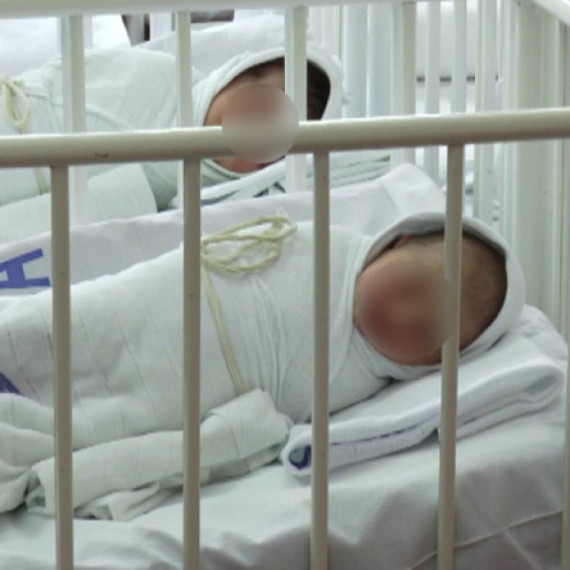



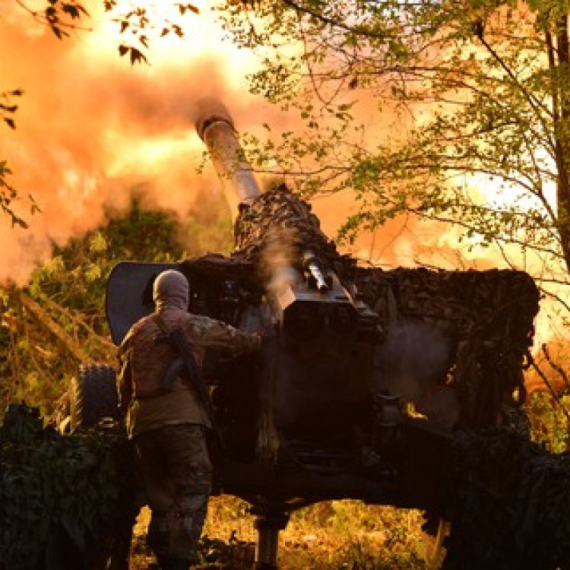

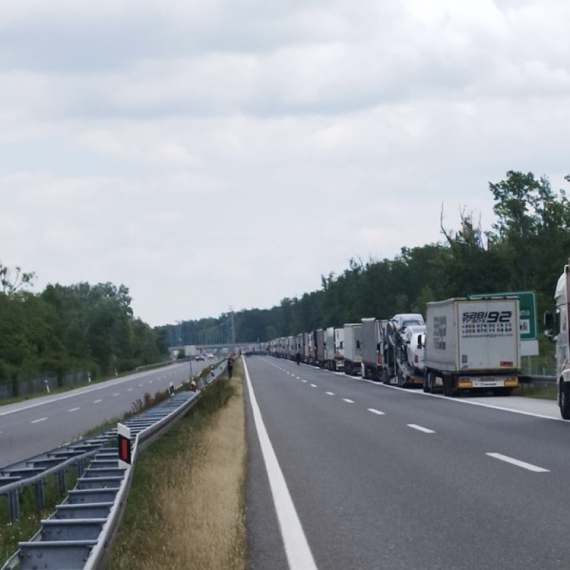




















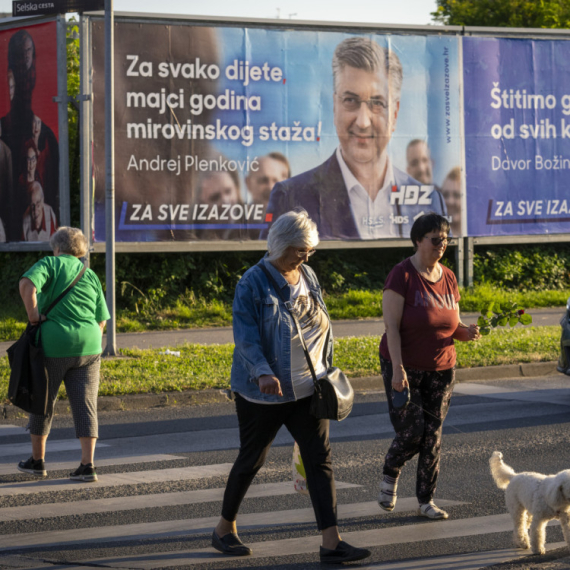
















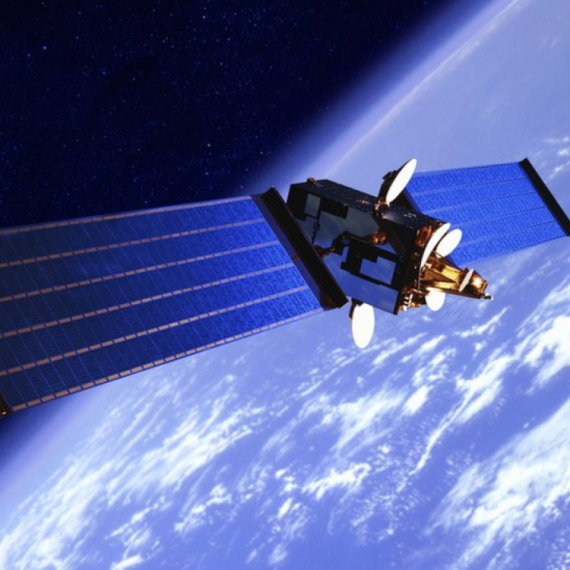


Komentari 2
Pogledaj komentare